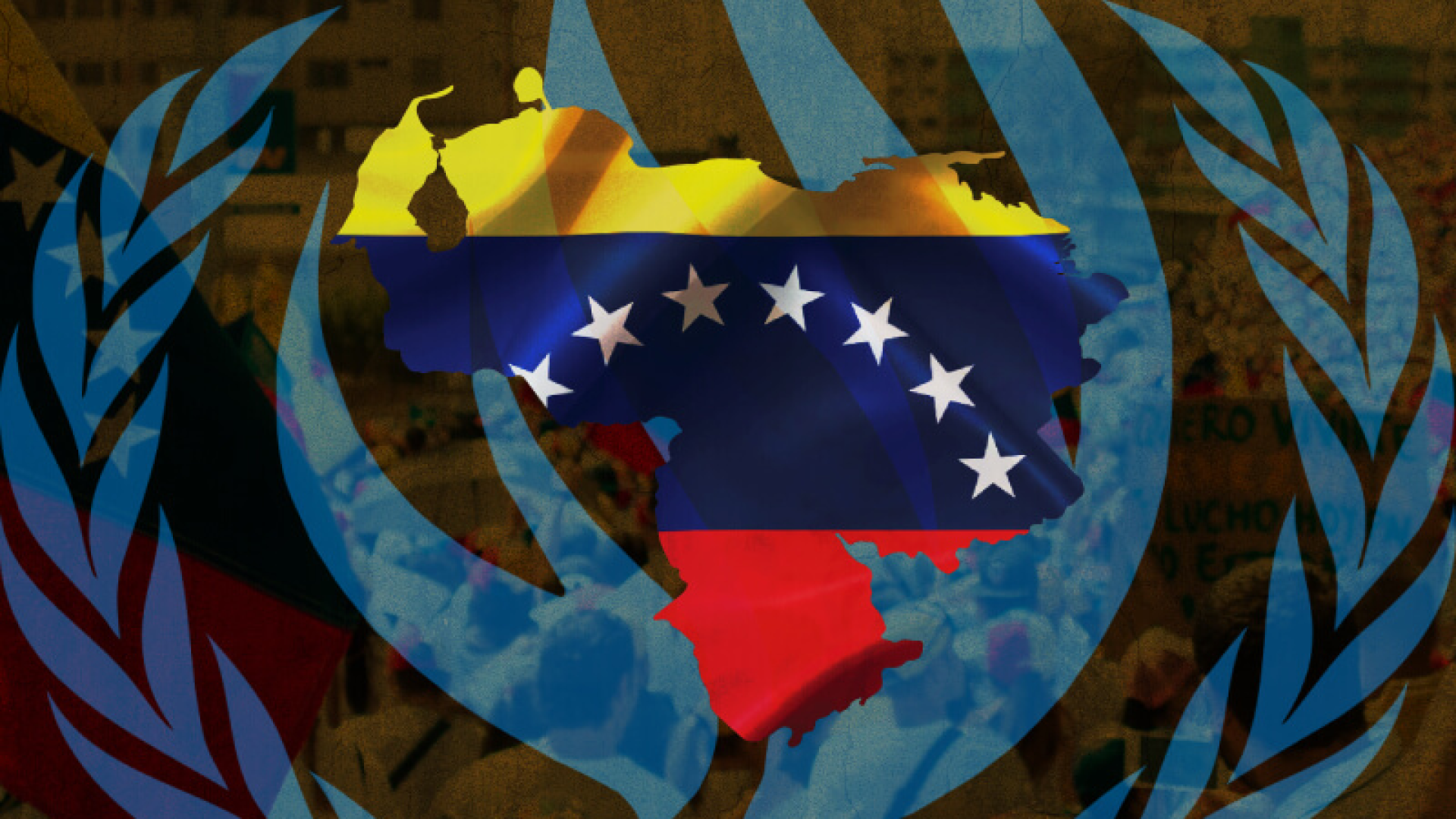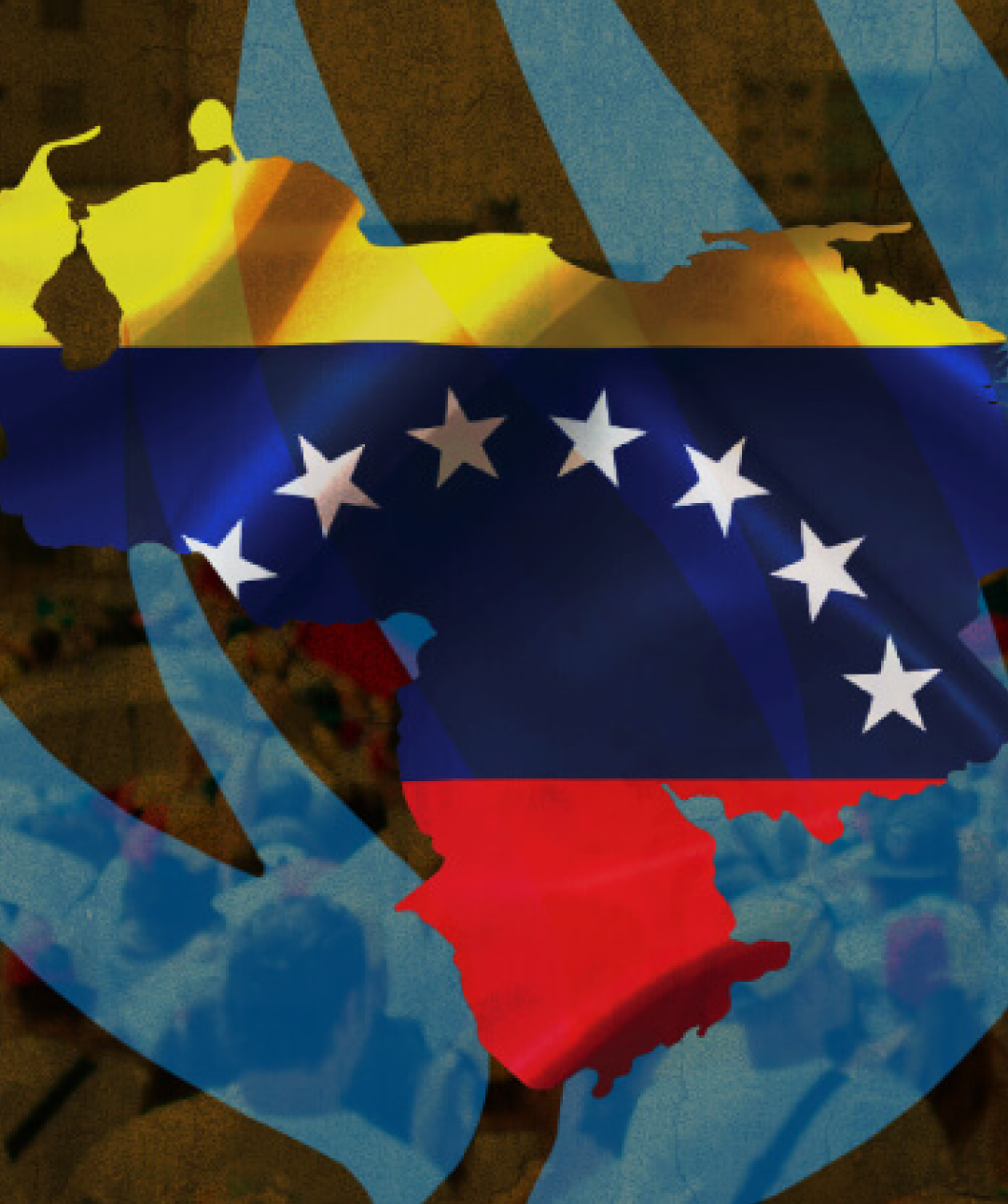

By the end of this year, three of Latin America’s worst authoritarian regimes will undergo mandatory reviews of their country’s human rights record. Cuba and Nicaragua will be evaluated by the Human Rights Council’s (HRC) Universal Periodic Review (UPR), while the Human Rights Committee (CCPR) recently assessed Venezuela.
This isn’t the only coincidence connecting all three lately. The regimes of Cuba’s Miguel Díaz-Canel, Nicaragua’s Daniel Ortega, and Venezuela’s Nicolás Maduro launched severe crackdowns on their opponents in recent years as they face major challenges to their power and growing demands for democracy.
Amid this threat, Maduro adopted an alarming decision: he expelled the national office of the UN High Commissioner for Human Rights (OHCHR) from the country. The OHCHR stood as the last international and independent mechanism that monitored human rights violations and could protect the victims of the regime.
For many Venezuelan pro-democracy activists and opposition leaders who have worked with the OHCHR and other international mechanisms to challenge Maduro’s dictatorship, the importance of his decision is evident. But in countries that don’t face the same challenges, it is hard to see why it matters. After all, Venezuela, Cuba, and Nicaragua are regularly assessed and scrutinized, yet their human rights situation continues to deteriorate.
So, how do we know these mechanisms matter? And why is it important to keep the world’s attention on these countries? Because of how dictators react to international scrutiny. They feel threatened when they are put under the international spotlight by experts, activists, and decision-makers, and through their actions and policies, they reveal their concerns.
Venezuela recently underwent its mandatory review by the CCPR, a panel of experts that assess a country’s compliance with the principles of the International Covenant on Civil and Political Rights (ICCPR). Since Hugo Chávez took office in 2002 and, most notably, since Nicolás Maduro took office in 2013, political competition and the country’s civic society have almost entirely disappeared. Yet, after more than 10 years of repression, Venezuela still presented a “comprehensive” report detailing the policies taken to protect and promote civil and political rights.
For anyone observing the situation outside the influence of the regime’s propaganda, there was little surprise when the ICCPR expressed serious concern over the numerous allegations of human rights violations, largely thanks to the meaningful submissions from civil society organizations. In response, the regime lashed out at the “alleged experts,”whom they accused of obtaining their information from social media.
Why would the regime react this way if they didn’t care about the ICCPR’s assessment? Dictators prefer to remain off the global agenda, where they are free to conduct their policies under the cover of international indifference. They don’t like when the harsh reality of their rule is broadcasted and discussed publicly, which could, in turn, lead to a global backlash.
Recently, pressured by increased international scrutiny, Nicaragua and Venezuela reluctantly granted concessions. The former agreed to release hundreds of prisoners of conscience in 2023, and the latter signed an agreement with the opposition to guarantee free and fair elections by the end of 2024.
International pressure is also seen in countries’ involvement — or lack thereof — with human rights organizations and mechanisms. In 2012, Venezuela denounced the American Convention on Human Rights, and Nicaragua decided to leave the Organization of American States (OAS) in late 2021 — two bodies the countries deemed “useless” but evidently felt threatened by. Venezuela and Nicaragua remain engaged with human rights bodies, however, where they maintain a certain degree of influence and can partner with other dictators — like the HRC, where Cuba is the longest-sitting member, tied only with China.
Scholars have demonstrated the power coalitions of national movements, international organizations, and democratic states hold when bringing about change. Often, these coalitions and movements are ignited and sustained by the continuous flow of information on human rights violations and attacks on democracy.
And the split between Venezuela and the OHCHR is rooted precisely in that fear.
The Venezuelan regime initially welcomed the OHCHR to counteract the HRC’s decision to create the Independent International Fact-Finding Mission on Venezuela (FFM). The regime sought to portray a healthy, less “condemnatory” collaboration with the UN while simultaneously attacking the FFM. This was the strategy until the FFM and the OHCHR called for the release of those who were arbitrarily detained, enraging the regime and resulting in the OHCHR’s expulsion.
As Maduro and other dictators show, information gathering and monitoring can be incredibly powerful. The democratic world must continue to spotlight dictators’ crimes, gather information, and mobilize all instruments available. We must do exactly what the dictators don’t want us to do.
Ezequiel Podjarny is a legal and policy fellow with the Human Rights Foundation (HRF).
Hit enter to search or ESC to close